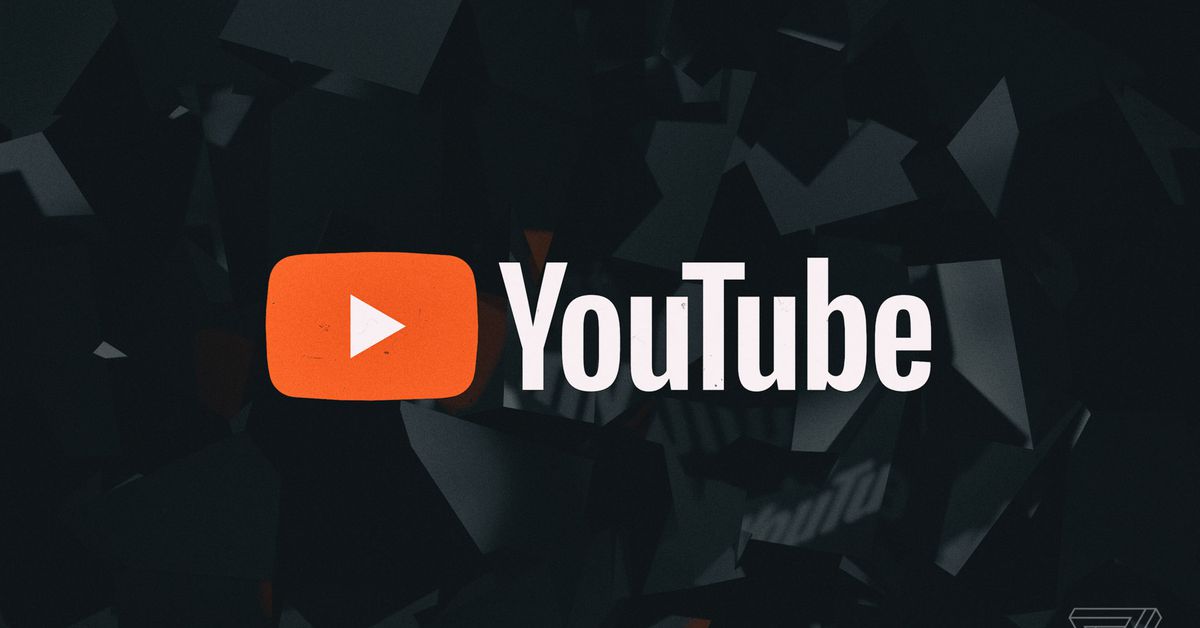In the coming weeks, YouTube will be rolling out a new system for labeling children’s content after a landmark settlement with the FTC. But as the changes grow nearer, YouTube is demanding clearer guidelines from the regulator in charge of enforcing the new rules that could have far-reaching consequences for the platform.
“Many creators have expressed concern about the complexity of COPPA [the Children’s Online Privacy Protection Act],” YouTube wrote to the FTC. “We believe there needs to be more clarity about when content should be considered primarily child-directed”
Creators are also writing to the FTC out of fear that the changes and vague guidance could destroy their channels. “It is my dream for my channel to soar,” one person told the FTC. “But your law could make this dream impossible.”
In September, the Federal Trade Commission announced that it had reached a $170 million settlement with YouTube over its alleged abuse and collection of children’s data, a violation of the Children’s Online Privacy Protection Act (COPPA). As part of the deal, YouTube was forced to create a new system for creators who focus on children’s content to label their videos. If a video is determined to be “child-directed,” that creator loses the ability to run ads that target individual users based on their watch and browser history. Channels are still able to run “contextual” ads based on the content of the video, but creators would see a considerable drop in revenue as a result.
But what exactly is children’s content? The FTC, the regulator in charge of defining it, hasn’t quite decided. In guidance for creators issued last month, the FTC said that “there is no one-size-fits-all answer about what makes a site directed to children,” but if a video’s subject matter, language, or music (among other things) may appeal to children, it could be found in violation of COPPA and open a creator up to an over $40,000 fine per infringing video. The guidance is vague and leaves unanswered questions that full-time creators fear could dramatically affect their livelihoods or scare them off YouTube entirely.
For this reason, the FTC decided to ask the public for comment regarding its enforcing of COPPA. It’s standard for the agency to conduct a review every ten years, but it decided to open one up three years in advance after its settlement with YouTube and the questions surrounding the deal.
In comments filed with the FTC Monday, YouTube invoked arguments raised by creators, writing that adult users also engage with videos that could traditionally be considered “child-directed,” like crafting videos and content focused on collecting old toys:
“This does not match what we see on YouTube, where adults watch favorite cartoons from their childhood or teachers look for content to share with their students,” YouTube wrote. “Sometimes, content that isn’t intentionally targeting kids can involve a traditional kids activity, such as DIY, gaming and art videos. Are these videos ‘made for kids,’ even if they don’t intend to target kids? This lack of clarity creates uncertainty for creators.”
At the tail end of its comments, YouTube directed others to file comments with the FTC regarding the proposed rules. As of publication, the FTC has received over 174,000 comments on its inquiry. Many of those comments come from people who describe themselves as YouTubers and adult viewers who watch what could be considered children’s content under the FTC’s current guidance.
Creators like lawyer Jeremy Johnston have started their own lobbying efforts in an attempt to influence the FTC’s decision-making on what is considered “child-directed content.” Johnston created a petition arguing for clearer guidelines that has over 850,000 signatures as of publication and directs people to leave their own comments arguing against the proposal.
The commenting period officially closed on Wednesday, and the FTC is expected to release additional guidance after making its way through the deluge of comments from YouTubers and their audience members. The new rules surrounding children’s content go into effect at the beginning of next month.
